
Why Do Male Cats Spray?
Cats speak a different language than humans so their behaviors are often actually their w...
Cats speak a different language than humans so their behaviors are often actually their ways of trying to say something. Urine spraying is one of these such behaviors but unfortunately it isn't something any cat owner likes to see, much less clean up. Knowing why your cat may be spraying and what you can do about it can help ease some stress and frustration for both you and your cat.
Cats may urinate outside their box and practice inappropriate elimination but when they pee vertically and not on the floor or other horizontal surfaces it is referred to as spraying or marking. When a cat marks, urine is sprayed against a wall, table leg, couch, or other surface as a cat stands, raises its tail, shakes, and backs up to the item. It is typically a small amount of urine that sprays out instead of a steady stream that is produced during a normal, squatting, urination. But while the amount may be small, the smell is often not. Both male and female cats can spray, however, the behavior is more common in males, and only intact (un-neutered) males will have the especially pungent "Tom Cat" odor to their urine.
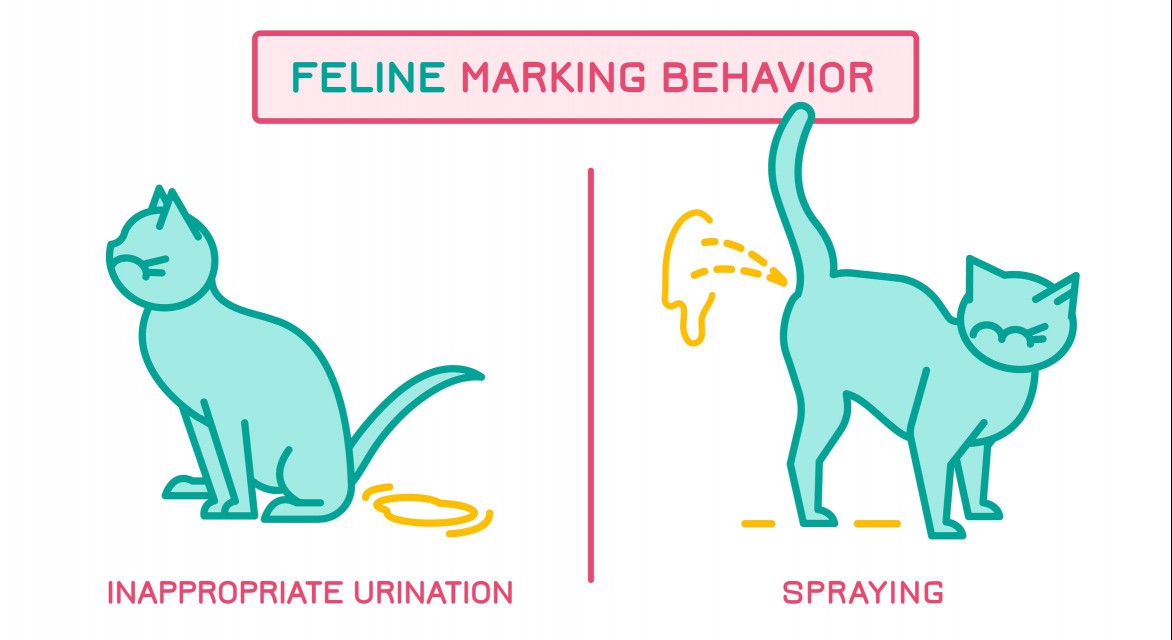
A cat may spray urine for a variety of reasons but these reasons can typically be classified as either a response to an environmental stressor or a territorial behavior. Environmental stressors may include new people, such as a baby, in the home, new animals, such as a puppy or other cat, construction or remodeling in your home, boredom with its feeding regimen or playtime, litter concerns such as scented or dirty litter, a litter box that it doesn't like, such as a covered or automatic cleaning box, and more. Basically, if a cat is upset or stressed about something it may spray but it may also be hard for a cat owner to know what their cat isn't happy about.
Territorial reasons for spraying can include outdoor cats or other wildlife that your cat can see or hear indoors, new cats in the home creating a sense of competition, and/or 'marking' to claim certain territories as his own. Spraying tells other cats that the space has already been claimed by them and they are not to be messed with.
Neutering a male cat will dramatically decrease the likelihood that it will spray, as most causes of this behavior are driven by testosterone, but a small percentage of cats will still spray after having this procedure performed. According to the Cornell Feline Health Center, 10% of cats will continue to spray even after they have been neutered. Neutering a cat especially helps to decrease territorial spraying since less hormones are influencing them, but if your cat is stressed or upset about something in its environment, it is still physically capable of spraying.
All types of inappropriate elimination can be difficult and frustrating to stop but there are a few things you can do.

Cats speak a different language than humans so their behaviors are often actually their w...

For several years Feliway has been available at pet stores, vet hospitals, and online ret...

Basil is one of the more commonly used and grown herbs in American homes. It’s used not...
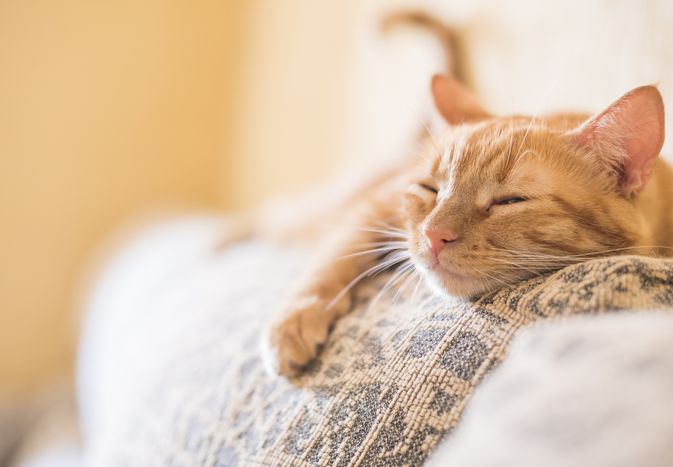
If your cat died, and you can't stop crying, feeling lonely, or otherwise experiencin...
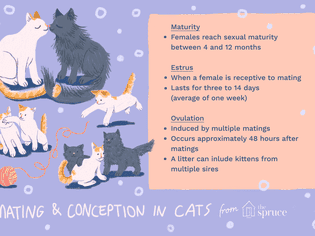
Most pet female cats who are not part of a breeding program should be spayed before puber...

Pinworms, also known as threadworms, are a common problem for people and especially ...
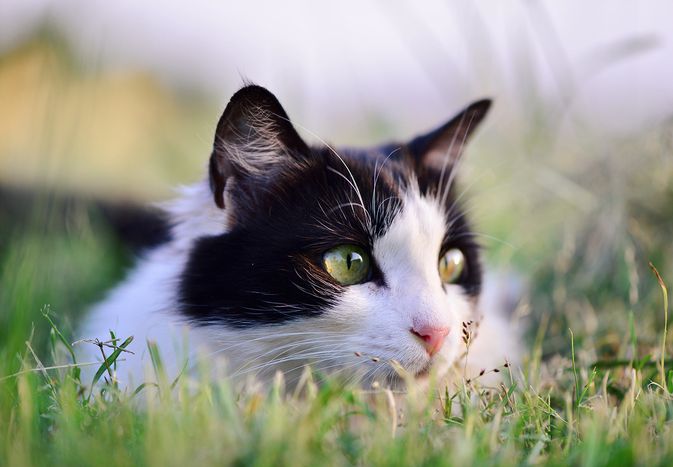
Tapeworms are a common parasite in cats that live in the intestines. They can be exc...
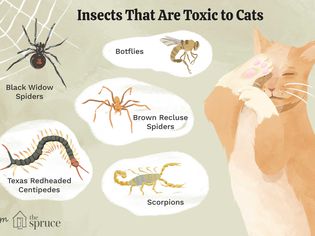
It is not uncommon for cats to hunt insects, and even sometimes eat them. Many common ins...
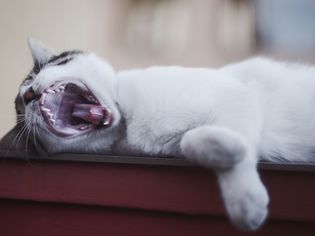
A critical part of a dental care program for cats is an at-home examination of their ...
Comments on "Why Do Male Cats Spray?" :